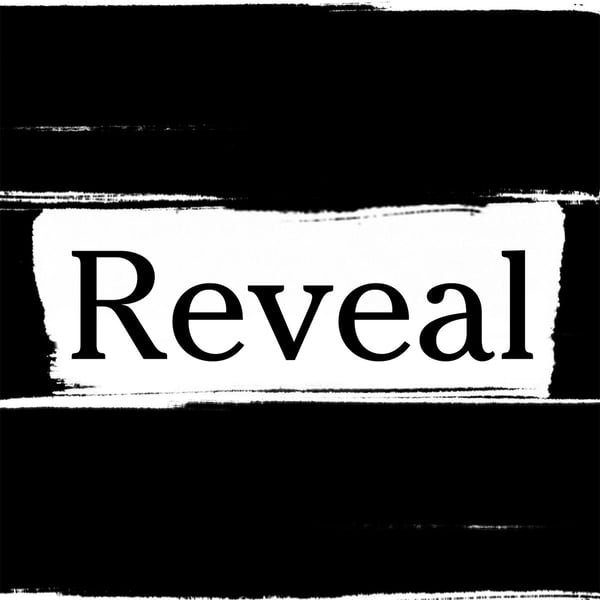The Plague in the Shadows
Reveal
The Center for Investigative Reporting and PRX
4.7 • 8K Ratings
🗓️ 17 February 2024
⏱️ 51 minutes
🧾️ Download transcript
Summary
HIV/AIDS changed the United States and the world. It has killed some 40 million people and continues to kill today. This week, reporters Kai Wright and Lizzy Ratner from the podcast Blindspot: The Plague in the Shadows take us back to the early years of the HIV epidemic in New York City and show how the virus tore through some of our most vulnerable communities while the wider world looked away.
Wright begins by looking at the initial media coverage of HIV, as well as the first health bulletins circulated by the medical community. Both focused on the spread of the virus within the gay men’s community, creating a feedback loop that resulted in other vulnerable groups being overlooked – including women, communities of color and children.
Then Ratner tells the story of Katrina Haslip, a prisoner at a maximum-security prison in upstate New York in the 1980s. Haslip and other incarcerated women started a support group to educate each other about HIV and AIDS. The group was called ACE – for AIDS Counseling and Education – and it advocated for women, minorities and prisoners who were being overlooked in the nation's response to the epidemic.
In the final segment, we learn how Haslip took her activism beyond prison walls after her release in 1990. She joined protests in Washington and met with leaders of the Centers for Disease Control and Prevention in Atlanta. One of the main goals was to change the definition of AIDS, which at the time excluded many symptoms that appeared in HIV-positive women. This meant that women with AIDS often did not qualify for government benefits such as Medicaid and disability insurance.
The podcast series Blindspot: The Plague in the Shadows is a co-production of The History Channel and WNYC Studios.
Support Reveal’s journalism at Revealnews.org/donatenow
Subscribe to our weekly newsletter to get the scoop on new episodes at Revealnews.org/newsletter
Transcript
Click on a timestamp to play from that location
| 0:00.0 | From the Center for Investigative Reporting in PRX, this is reveal. |
| 0:04.4 | I'm Al-Edson. |
| 0:05.9 | Today we're going back in time to a moment when a deadly virus was spreading in America. No, not the coronavirus. Think a few decades earlier. |
| 0:16.4 | It's morning again in America. Today more men and women will go to work than ever before in our country's history. |
| 0:24.0 | It's the early 1980s and Ronald Reagan has just been elected president on the promise |
| 0:30.0 | that better days were ahead for this country. |
| 0:32.0 | This famous campaign ad said it all. |
| 0:35.0 | This afternoon 6,500 young men and women will be married. |
| 0:39.0 | We can all prosper if we agree to look away, to look away from the hard stuff and instead to |
| 0:46.2 | look ahead. |
| 0:47.2 | And with inflation of less than half of what it was just four years ago, they can look forward |
| 0:52.2 | with confidence to the future. |
| 0:55.0 | Except that at the same time, a mystery illness was spreading that completely |
| 1:00.5 | confounded scientists. |
| 1:02.6 | Aids. |
| 1:03.8 | The disease killed tens of millions, and people are still dying. |
| 1:09.2 | It's torn apart families and communities and whole nations. |
| 1:13.0 | It is hung as a permanent cloud over intimacy, love, and lust for generations. |
| 1:18.4 | And to this day, when most people think of AIDS, they think about gay men. |
| 1:23.8 | But according to Kywright, host of WNY's |
| 1:27.1 | Notes from America, and Lizzie Ratner, |
| 1:29.5 | the Nation magazine's deputy editor, |
... |
Please login to see the full transcript.
Disclaimer: The podcast and artwork embedded on this page are from The Center for Investigative Reporting and PRX, and are the property of its owner and not affiliated with or endorsed by Tapesearch.
Generated transcripts are the property of The Center for Investigative Reporting and PRX and are distributed freely under the Fair Use doctrine. Transcripts generated by Tapesearch are not guaranteed to be accurate.
Copyright © Tapesearch 2025.

